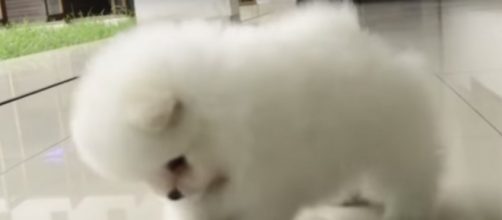Even if you are extra careful about your pets, Pet poisoning can happen anytime. Simply placing the insect killers or detergents out of their reach does not ensure the complete safety of your furry friend. Hence, it is always better to be prepared for such circumstances beforehand.
According to Fox News, Animal Poison Control Center has reportedly received at least 180,000 calls from the pet owners after their pets consumed poisonous substances without their knowledge. The local veterinarians, too, have been handling multiple cases of pet poisoning.
Thus, here’s a list of what you should do and what you shouldn’t do, when your pet ingests a toxic substance.
Common toxins consumed by pets
You may think that home renovation and cleaning products are the only dangerous poisons that might be ingested by the pets, but even certain human foods like chocolate, onion, grapes, coffee, or garlic can be potentially harmful. Apart from the insecticides and pesticides, you should also keep human medicines (even the organic products), cosmetics, and veterinary medicines out of their reach. In fact, plants like aloe vera or chamomile too, are toxic to the pets.
Symptoms of pet poisoning
Even though the degree of toxicity might vary on the basis of ingestion, there are common symptoms that pet owners can watch out for.
Some of these symptoms include vomiting, shaking, sedation, abnormal coughing or sneezing, breathing problems, lack of appetite, lethargy, and drinking more water. Also, look out for any behavioral abnormality in your pet. As per renowned Veterinarian, Rachel Barrack, the reactions might pop up anytime after the ingestion. So, watch out for the symptoms if you find an opened container or a torn wrapper.
Things to do after ingestion
In case your pet has swallowed any inedible object, it is always better to consult a veterinarian because it might cause internal blockage or bleeding. In case of poisonous substance ingestion, immediately take them away from the substance, so that they cannot consume it further.
- Get in touch with a vet even if your pet shows no sign of abnormality because at times pumping the stomach is required to clear the toxins.
- Collect a sample of the ingested substance and show it to the vet for evaluation.
- Do not try to induce vomiting, because it can worsen the problem. However, if they vomit naturally, it is advisable to collect the sample in a clean plastic and show it to the vet.
- Bathe your furry friend to wash off the substances from their paws or fur.


